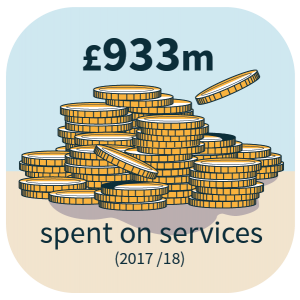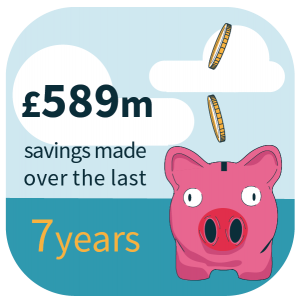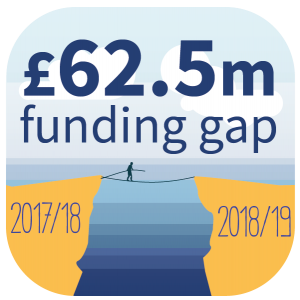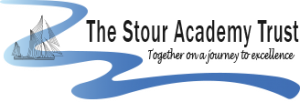KCC Budget Strategy 2018/19
Draft Budget Strategy 2018/19
Kent County Council
Opens: 12 Oct 2017
Closes: 3 Dec 2017
Kent County Council provides a huge range of essential services to the people of Kent and when times are tough it is more important than ever to spend your money wisely. The Councillors you elect have some big decisions ahead and we would value your advice and suggestions before taking them. We’d like to hear your views on these challenges as the council sets its budget for next year (April 2018 to March 2019).
John Simmonds MBE, Cabinet Member for Finance, explains the challenges we face in this short video:
KCC Budget 2017 from Kent County Council on Vimeo.
 How we are funded
How we are funded
Funding for our budget comes from many sources in addition to Council Tax, including grants from central government.
Each year we set a budget to decide how much we’re able spend on services for Kent residents and businesses for the next financial year and how much income we need from Government and local taxation to fund this.

Our priorities
We prioritise spending on services that make sure children and young people get the best start in life, that communities feel the benefit of economic growth, and that support vulnerable residents to live independently.
Our strategic statement annual report gives details of how we are ensuring every pound spent in Kent is delivering better outcomes for Kent’s residents, communities and businesses.
 The Big Challenge
The Big Challenge
In recent years the amount of money available from Government has been decreasing while demand and cost for council services has been increasing. We expect this trend to continue in coming years.
Since 2010 we have made savings of £589 million to offset these challenges and continue to protect and invest in services. These savings have focussed on the transformation of services, which means delivering better outcomes at lower cost, and working in more efficient ways. This has allowed us to continue to protect frontline services.
We have less funding from Government but there is increased pressure on spending as a result of rising demand for services, inflation and the living wage. This means that despite the £589m savings we have already made, we still have considerable savings to find now in the years to come.
2018/19 consultation documents
- Consultation summary and questionnaire
- Autumn Budget Statement (October 2017)
- Equality Impact Assessment (PDF)
- Equality Impact Assessment (Word)
2017/18 budget
Have your say on our 2018/19 budget
We are asking questions about:
- Council Tax
- budget strategy (how KCC plans for the future)
- how aware people are about the financial challenge most councils face.
There is also an opportunity to give any general views or suggestions you may have.
To make sure you have all the information to help you give an informed response, we have prepared a short summary to be read before answering the questions.
The consultation closes on 3 December 2017.






